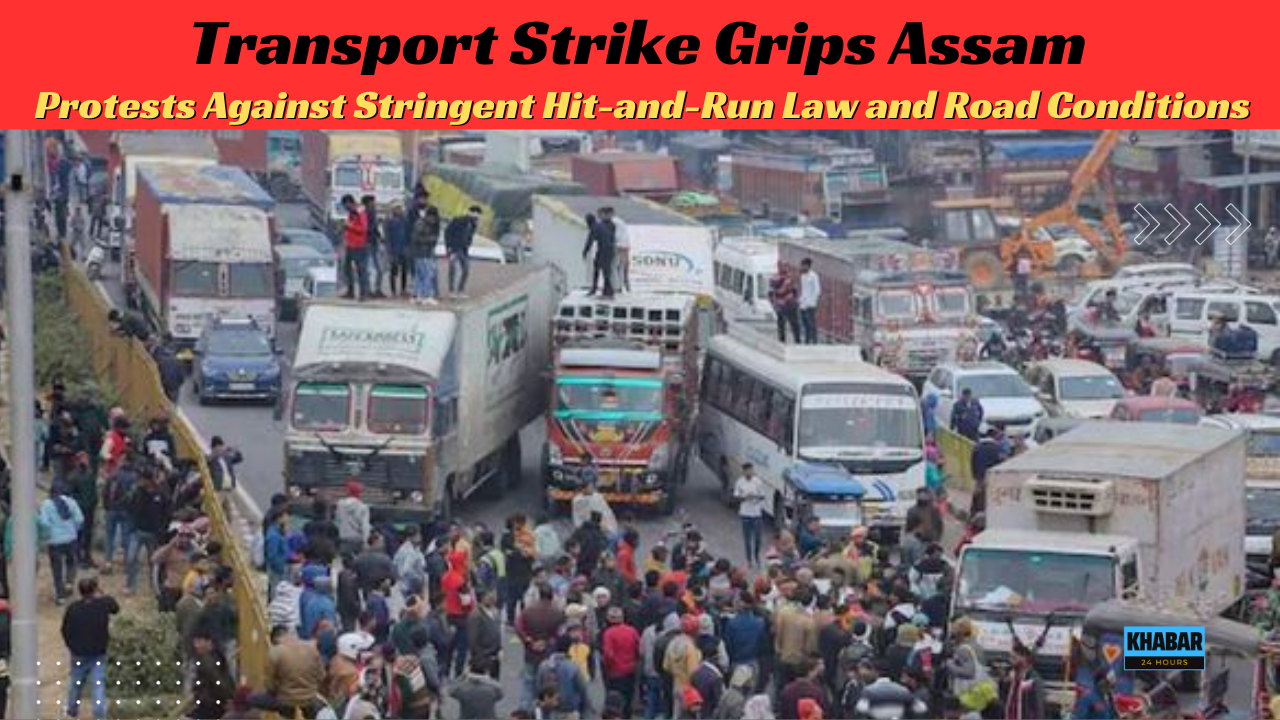
A 48-hour transport strike has brought commercial and public vehicles to a halt in Assam, causing inconvenience to office-goers struggling to reach their workplaces. Buses, taxis, and app cabs refrained from operating in compliance with the strike call. The convenor of Assam Motor Worker Associations’ Joint Platform, Ramen Das, expressed dissatisfaction with the government’s approach, alleging that instead of addressing road conditions, authorities tend to blame drivers for incidents, even if they are not at fault.
The discontent stems from a new law related to hit-and-run cases, deemed unfavorable to drivers and vehicle owners. According to the Bharatiya Nyaya Sanhita (BNS), intended to replace the Indian Penal Code (IPC), drivers causing serious accidents due to negligence could face up to 10 years in prison or a fine of ₹7 lakh if they flee without informing the police or administration. This is a significant increase from the two-year punishment outlined in the British-era IPC.
Despite talks with state government officials on Thursday night, no resolution was reached. The transporters’ platform is advocating for the withdrawal of this legislation, calling for a widespread strike from 5 am on Friday to 5 am on Sunday.
In response to the strike, long queues formed at petrol pumps across the state as people rushed to fill their fuel tanks, anticipating a potential supply shortage. The transport strike and associated concerns highlight the ongoing tensions between authorities and drivers over legal changes and road safety measures.

